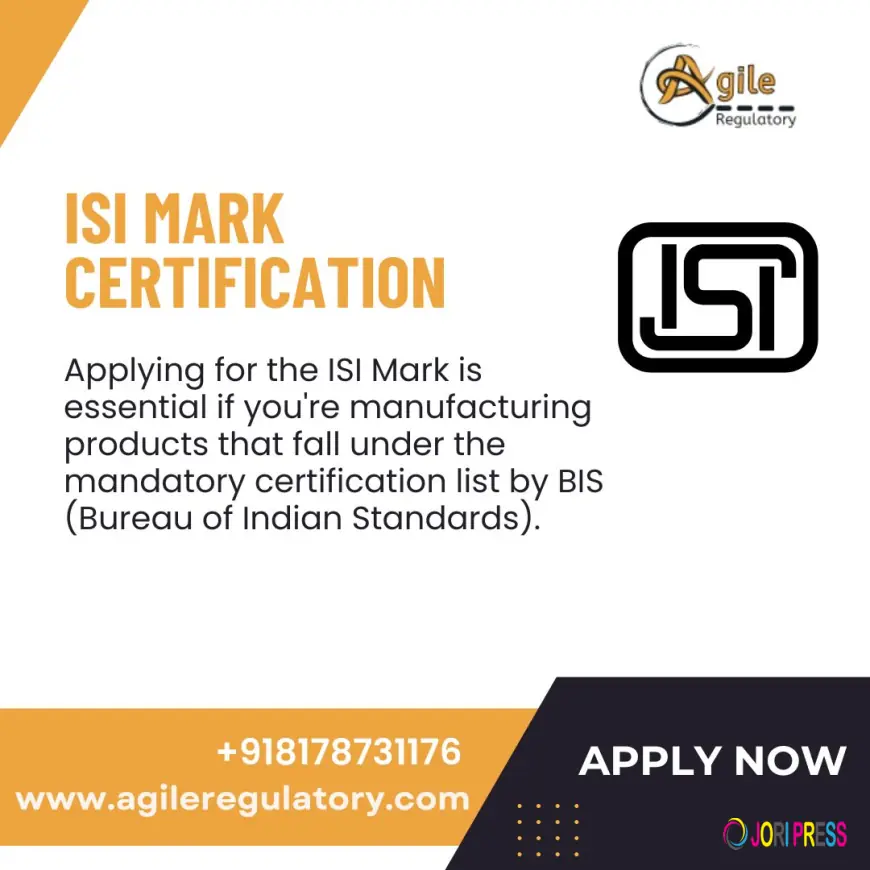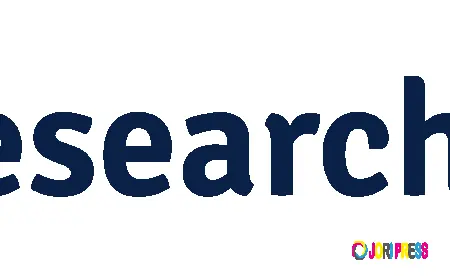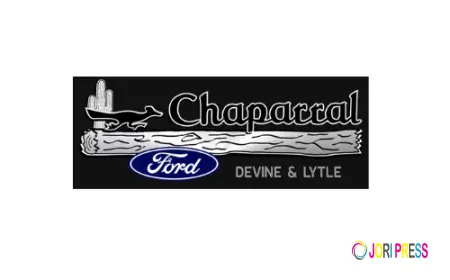Navigating Customs: The Legal Requirements for Importing Certified Products.
In today’s globalized economy, importing certified products has become an essential aspect of business for companies aiming to meet international quality and safety standards. Certified products, whether they are electronics, food items, or industrial goods, often require specific approvals and documentation to ensure compliance with the importing country’s regulations. Understanding the legal requirements is crucial to avoid delays, penalties, or even confiscation of goods at customs.

The first step in navigating customs for certified products is identifying the correct certification requirements. Different products fall under different regulatory authorities. For instance, electronics may require BIS (Bureau of Indian Standards) certification in India, while food products might need FSSAI approval. Importers must carefully check the certification type and ensure that the product meets all legal criteria before shipment. This prevents unnecessary legal complications at the port of entry.
Another critical aspect is proper documentation. Customs authorities typically require the submission of import permits, certificates of conformity, invoices, packing lists, and bills of lading. Certified products often demand additional documentation, such as test reports from accredited laboratories or declarations of compliance. Maintaining accurate and complete documentation ensures that customs clearance is smooth and reduces the risk of goods being held for inspection or returned.
Compliance with labeling and packaging regulations is also paramount. Many countries mandate specific labeling requirements for certified products, including information on the manufacturer, batch number, expiry date, and certification marks. Failure to comply with labeling rules can result in penalties or refusal of entry. Packaging standards, such as safety seals or tamper-proof designs, may also be legally required to protect consumers and maintain product integrity during transportation.
Importers must also consider tariff classifications and applicable duties. Certified products may be subject to preferential tariff rates under trade agreements if proper certification is provided. Consulting customs tariffs and HS codes ensures correct duty calculation and avoids underpayment or overpayment of taxes. Additionally, some products may be subject to restricted import regulations or quotas, making early research vital to prevent legal issues.
Staying updated with changing regulations is essential. Customs and regulatory frameworks often evolve to address safety concerns, technological advances, or trade policies. Importers should actively monitor notifications from relevant authorities and adapt their import processes accordingly. Partnering with experienced compliance consultants or legal experts can significantly reduce the risk of non-compliance and improve operational efficiency.
Agile Regulatory specializes in helping businesses navigate complex regulatory requirements for imports. Our team assists clients with obtaining necessary certifications, ensuring documentation accuracy, and streamlining customs clearance processes. By leveraging our expertise, businesses can import certified products confidently, reduce compliance risks, and focus on expanding their market presence. Agile Regulatory stands as a trusted partner for companies seeking seamless and legally compliant import operations.
What's Your Reaction?
 Like
0
Like
0
 Dislike
0
Dislike
0
 Love
0
Love
0
 Funny
0
Funny
0
 Angry
0
Angry
0
 Sad
0
Sad
0
 Wow
0
Wow
0















































